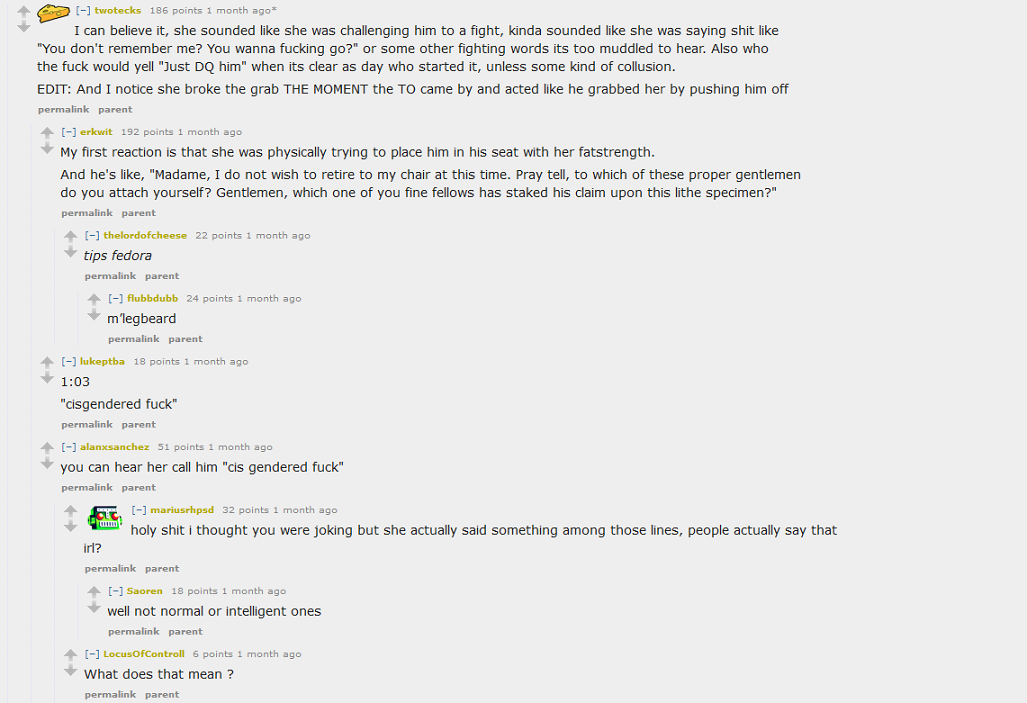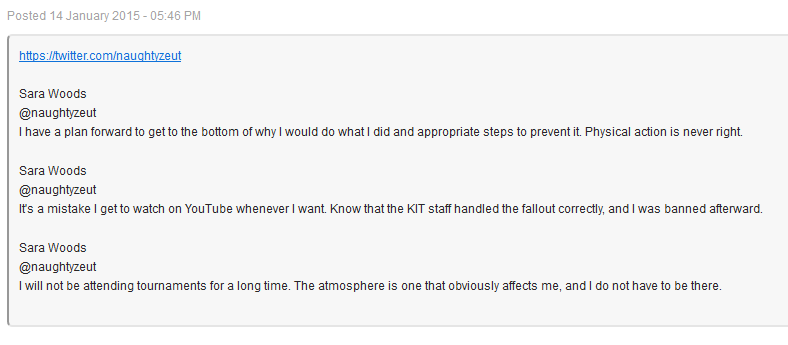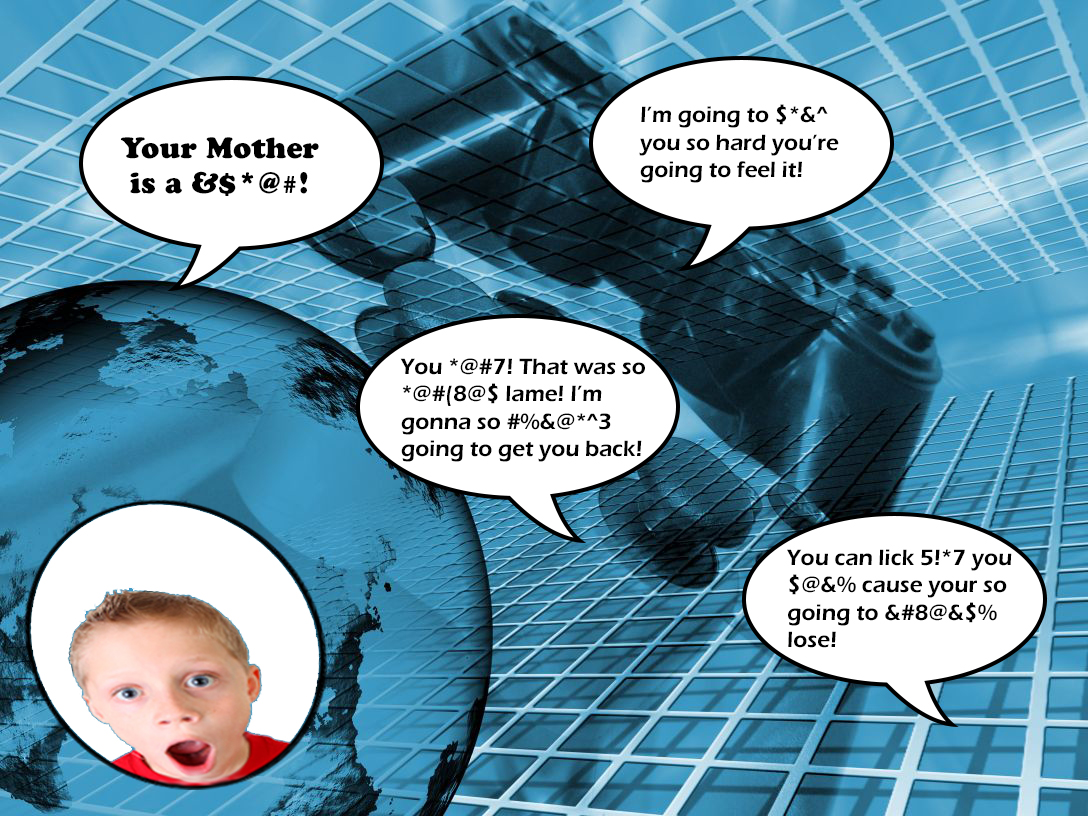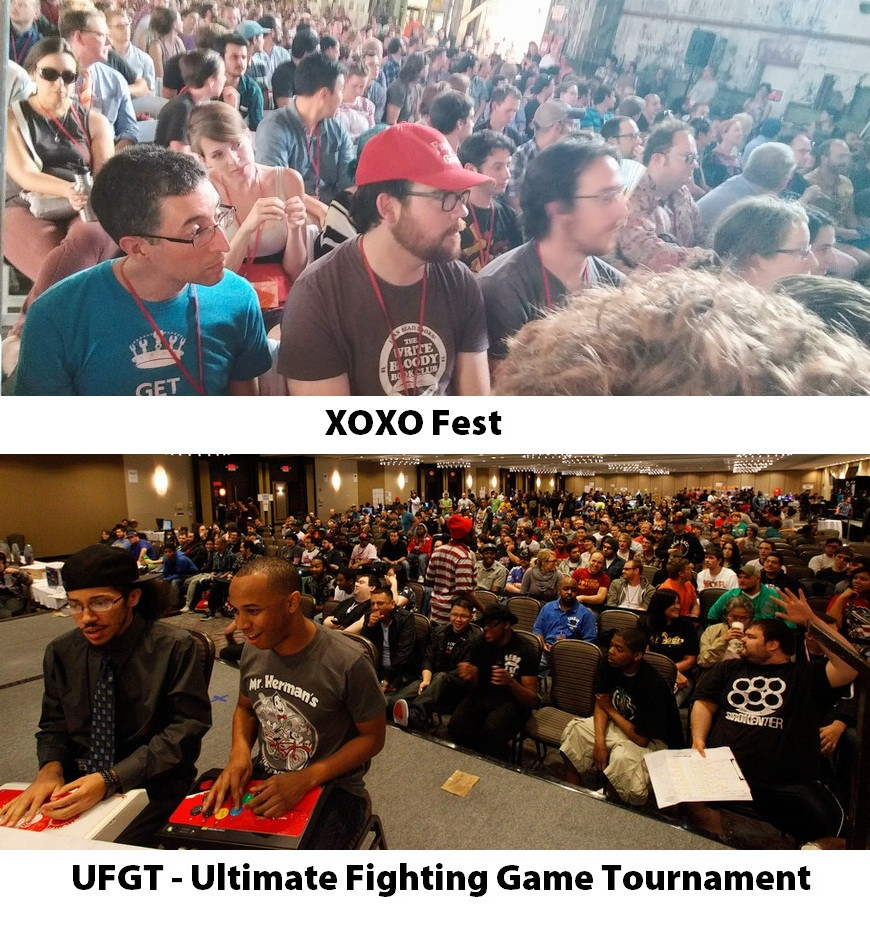This is an editorial piece. The views and opinions expressed in this article are those of the author and do not necessarily represent the views and opinions of, and should not be attributed to, Niche Gamer as an organization.
Gaming is, and has always been, a very social hobby, regardless of what some folks may say. Though the stereotype of the acne-riddled teen playing alone in a dark room is still propagated by those who wish the hobby ill, it couldn’t be any further from the truth. After all, there’s a reason why even the earliest video game consoles had multiple controller ports and why multiplayer is (even when it shouldn’t be) crammed into otherwise singleplayer-centric titles. The simple fact is that gamers love to enjoy their pastime with others, and this desire has only grown stronger as the hobby has become more mainstream.
Of course, when gamers get together, they often get rowdy. Ask anyone who has played a competitive shooter online and they’ll be happy to regale you with stories of verbal low blows and threats of bodily harm. While that isn’t unique to just gamers (Go find a gearhead forum and see the wars that are waged between Chevy and Ford fans if you don’t believe me), it has stuck stronger onto them due to the stereotype seeming to reinforce the idea that those in the hobby are antisocial miscreants. It feeds into the damning labels that anti-gamers want to saddle hobbyists with, and for that reason it has become a frequently cited “problem” when people write hit pieces about gaming.
Recently, the conversation about trashtalk and its acceptability were brought into the spotlight after an incident at the “Kumite in Tennessee” fighting game tournament. During this competition, a player by the name of “Shinblade” won a hard fought match and celebrated as many of us do when amongst friends and filled with excess adrenaline. Shinblade rose from his seat and enjoyed the moment by letting loose with a few taunts and some celebratory gestures…nothing out of the normal or against the rules. Unfortunately, someone in attendance didn’t approve of his exuberance.
NaughtyZeut, another player at the same tournament, ran up to Shinblade and laid her hands on him. Though reports on the incident were all over the place, those in attendance claim that she didn’t appreciate his celebration and that is what led to her assaulting him.
What made this worse was that a couple male attendees, who some say were friends of NaughtyZeut, started screaming out for Shinblade to be disqualified from the tournament and seemed to try to twist the situation in such a way that their female friend would be seen as the victim and the victorious Shinblade as a loud-mouth aggressor who broke the rules.

Fortunately, things didn’t work out the way she and her friends wanted, and Shinblade was allowed to stay while NaughtyZeut was escorted out of the building.
Later, NaughtyZeut claimed that she was spurred into violence after Shinblade’s loud trashtalk had “triggered” her and caused her to lose control.

According to folks to frequent the event, such “pop-offs” are quite common and the jubilation expressed by those who emerge from a match victorious are what makes these events so exciting in the first place. As a matter of fact, on one thread it was stated that his opponent during the match deliberately hyped the crowd up by placing minor, pre-planned money bets on the match. Their goal was to get the crowd into the match, if not the whole tournament, and energize the room.
Well, they obviously accomplished that.
Trashtalk like that which Shinblade was “guilty” of engaging in has long been the norm for gamers. Who among us hasn’t played a game of Mario Kart with friends and used some salty language when they hit us with a blue shell? I know I have, and I know I’ve also trash talked in arcades with random strangers. It’s not just expected, it’s part of the game. It’s one of the key parts of gaming’s culture.
And that’s where the problems arise. Culture. The dirty word that those who want to label gaming as the evil, destructive, unfriendly hobby they wish it was often use to disparage it. No matter how many times you point at examples of similar behavior among other equally large hobbies, you always get people who use this an excuse to pigeonhole gaming as a macho, testosterone fueled pissing match that excludes those without the proper gender-specific plumbing.
Though I know hundreds of women who I’ve gamed with who had mouths just as dirty as my own (a monumental feat, to be sure), I decided to find a hardcore female gamer and ask her how she felt about game related trash-talking and if it’s the problem some consider it to be. That gamer, who goes by Meeki on Twitter, is a hardcore gamer that plays in the greatest trash-talking venue of them all: Call of Duty’s online mode. In the short conversation I had with her, she admitted that she has experienced heavy trash-talking, but that she considers it to be “more bantering” than anything else, and that they “don’t single out women.”
Of course, this is just one person. Not everyone is strong enough to handle trash talking and may want a more civilized and laid back gaming experience. I can understand that and sympathize with it. There’s nothing wrong with being unable to deal with the constant litany of curse words and taunts that you sometimes get during the heat of a multiplayer match, and anyone who says any different is more than likely trying to stir up controversy.
That being said, people have to understand that like any competition, gaming brings out a lot of emotions. Just like any “real” sport, gaming can get incredibly intense and is therefore not meant for the faint of heart. Just imagine what would happen if a player new to the NBA got dunked on by Lebron James and took offense to him pounding his chest and yelling down at him as he got back up? Sure, some of the more intense celebratory displays get penalties from the referees, but for the most part, that sort of thing is considered normal. People will celebrate, sometimes raucously, and that’s part of the competitive nature of sports.
And yes, gaming is a sport.
Asking gamers to quietly sit in their chair and stay silent during a Smash Brothers match makes about as much sense as telling the receiver in a football game not to jump up and down and scream when he scores a game-winning touchdown. It goes against human nature. You can demand it be changed to better accommodate your sensitivities or to meet some standard of civility that you believe should be met, but it’s a laughably impossible task. Both men and women will cave in to that adrenaline rush and “pop off” from time to time. So long as they don’t physically assault anyone (Shinblade did not, yet his aggressor did), there is absolutely nothing inappropriate about it.
A lot of the confusion surrounding gaming trash talk is due to people taking the insults literally. When someone hears me call my friend a “Fat ass bitch”, I’m not actually accusing him of being a large female dog. It’s just a biting phrase meant to both get him to lose focus on our match and to alleviate the stress and anxiousness that exist as byproducts of my own intense focus. Those who aren’t versed in gaming vernacular might be inclined to think I hate my friend, but both of us are well aware that this is not the case.

The same goes for homophobic utterances as well. It’s quite common in a game amongst friends for a few sexually charged curses to get flung between headsets. This doesn’t mean the person using such language is a homophobic monster. It means that, like Eminem once said when he was criticized for using them in his music, it’s merely a blanket insult used to poke fun at someone.
If you ask me, many of the homophobic or racist words that are frequently used online in such taunts have been used so often that their original meaning has long since been lost. I know “people of color” on my Xbox friend’s list who call each other that word so often that I don’t even bat an eyelash anymore when I hear it.
Yet as innocuous as many of these words truly are, people want to control their use. They want to abolish it and forcefully alter the demeanor of the community. Especially online, where the playful ribbing of couch co-op gives way to the more abrasive attitude allowed by the distance fiber optic cables provide.
Sure, server administrators can ban an abusive user, but to be considered as such you have to do something truly horrific and borderline terroristic. Simply calling someone a bitch, whore, jerk, fag, or asshole isn’t worthy of a dismissal. If you don’t approve of that behavior there are plenty of family-friendly guilds you can join that will give you game partners who hold the same values.

It all comes down to the “It’s easier to change yourself than to change others” argument. Which is to say that it’s far better to simply control your own environment than to ask that everyone except you alter their own to placate you. In other words, “If you don’t like what you see, change the channel.”
Coming from this, in this hobby, there are a lot of “channels” to choose from. If you want peace and civility, you can find it. If you refuse to join private gaming guilds devoted to being safe spaces, or you attend fighting game tournaments that are known for boisterous outbursts amongst their contestants, then you are the one at fault. Not them.
